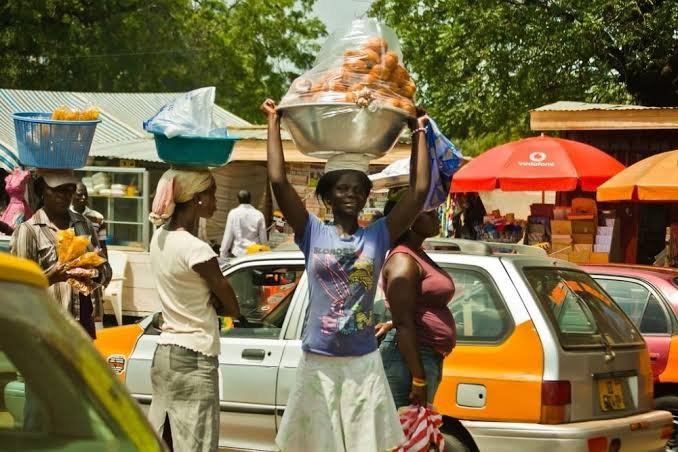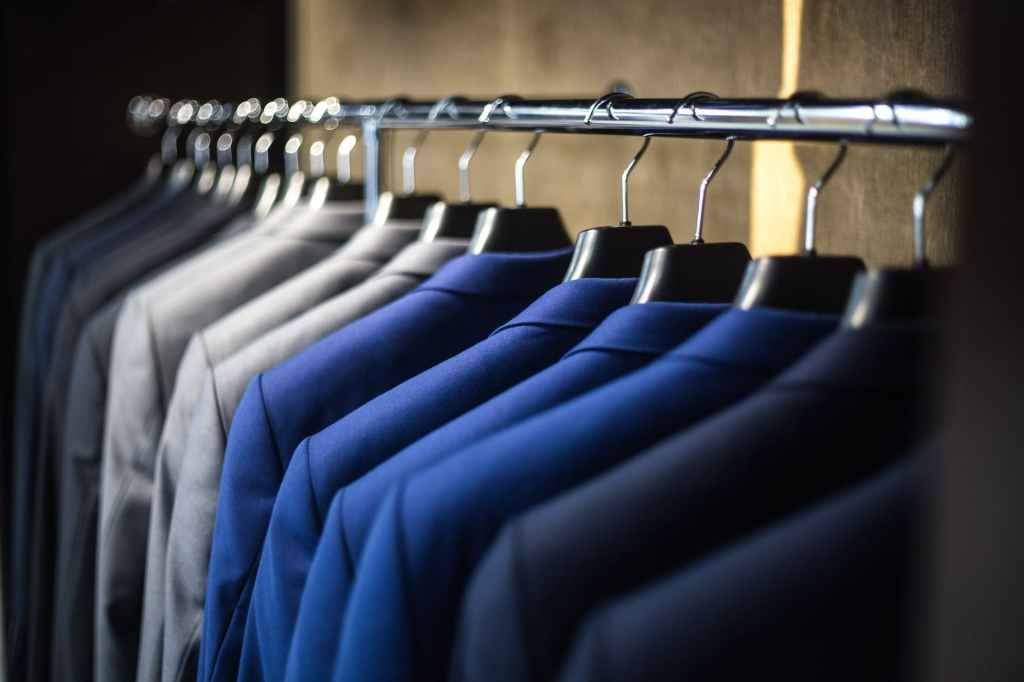The Nigerian market is characterized by several attributes. Market (n) is also known as a marketplace, souk, bazaar, shop, arcade, fair, flea market. By definition, it is a gathering in a public for buying and selling merchandise. It is a place where demand meets supply. In Nigeria, the market isn’t just a place, it is anywhere; this is because there are several mobile (foot or vehicle) markets in Nigeria.place, souk, bazaar, shop, arcade, fair, flea market. By definition, it is a gathering in a public for buying and selling merchandize. It is a place where demand meets supply. In Nigeria, market isn’t just a place, it is anywhere; this is because there are several mobile (foot or vehicle) markets in Nigeria.
RECENT POSTS
Street hawking is the smallest market in Nigeria. Almost any kind of item can be hawked in Nigeria, for instance, meat, fish, tomatoes, shoes, clothing, kitchen utensils, books and textbooks, body cream and toiletries among so many others.
Street hawking is a long time traditional way of selling commodities in Nigeria. In ancient times, subsistent farmers sell off the excesses of their farm land by hawking from door to door. This style of marketing was once dominated by women and children, but in present days, there are several men and boys in the business.

Aside from the fact that street hawking brings needed commodities closer to the buyer, it also brings along some entertainment. Every hawker has a specific way of drawing the attention of buyers to their items. Some hawkers sing their commodities in a song, some draw in their commodity, and there are others who add dance steps and drumming to theirs.
For instance, a local cobbler has a tool box which he either carries on his head or shoulder. To draw the attention of customers, the cobbler will have to hit his toolbox with a wood while he walks around the street. Likewise, a meat hawker, tomatoes, ice cream, etc. have their unique ways of calling out or selling out. Though, some might find this entertaining display annoying, there are many others who find it interesting to watch and listen to.

Many also believe it is risky to buy valuable or important items from street hawkers. For instance, there are street hawkers who sell chains and other accessories that are either fake or stolen items. Since street hawkers barely have a shop or a fixed business premises, it will be difficult to seek refund or report fake or stolen items. However, there are many other items that can be bought from street hawkers with little or no worries at all.
Specific market is one of the best market formations in Nigeria. This kind of market sells specific collections of a singular item. For instance, there are cloth markets in Nigeria in places such as Lagos, and Anambra; people from different states in Nigeria travel to the cloth market in these states in purchase of clothes, bags and shoes. There are also fish markets all around Nigeria, on and on like that.
The Specific market helps to meet specific need and also provide abundant varieties of such need to be met. Most specific marketplaces are occupied by wholesalers and few retailers. Commodities in this market are cheaper than elsewhere making this market the feeding place of retailers from all around the country.

The size of specific markets often varies. This might depend on the kind of commodities sold within the market or the capacity of the market union. In every public marketplace, there is a union and a leader to head such establishment. These union and it leadership is in-charge of space allocation, maintenance and security of the marketplace.

There are several other specific marketplaces such as spare parts market, computer village, mechanic village, industrial estates, building material markets, furniture and carpentry material market, cosmetics market, bookshops among several others. Supermarkets and superstores do not fall under this category.
A shopping mall is more of modern market experience in the country. Such states as Lagos, Abuja, and Rivers have long enjoyed modern shopping mall experiences before many other states in Nigeria. Presently, shopping malls are gradually spreading and gaining acceptance in other states across Nigeria.
Shopping malls consist of several supermarkets or superstores. Usually, a shopping mall is built by an individual or organization that in turn makes stores available to sellers.
There could be at least ten stores in a shopping mall. The beauty of a shopping mall is been able to purchase all the commodities needed in a single place.

A shopping mall usually houses stores such as grocery store, jewellery store, clothing store, restaurant, hair and beauty salon, healthcare store, gym and fitness products, electronics and gadget stores, banking and savings centre, cinema and event hall among several others.
A shopping mall is often more accessible when they are located in a central point of a town or state.
Another factor considered by buyers or shoppers is the availability of parking space.
In Nigeria, the popular shopping malls are Palms Mall, The Arena Market, Metro Park, City Mall, Spar, Purple Maryland, HFC among several others.
A shopping mall can equally be likened to a shopping centre. However, in this classification of markets in Nigeria, shopping centres are classified amongst general or any other kind of market.
An online market is the present generational market. It is the most comfortable, though not very reliable kind of market around the world. There are several risks attached to the online and thereby extending to internet marketplaces.
An online market is also known as internet market(ing). This is the purchase of goods or services using a mobile phone device or a computer. It is also becoming a trend for companies and organizations dealing with goods and service to develop an online market presence.
Online markets sell almost everything – cars, houses, rentals, hotel booking, flight booking, groceries and many more. There are other services purchased in this market such as paying bills, applying for opportunities and subscribing for services.

In Nigeria, there are numerous online or internet marketplaces. For instance, Jumia cuts across Africa and sell almost all things. Jumia stocks clothing, groceries, beauty products, fitness kits, and also render many other services.
Another internet marketplace is Jiji. Jiji is a Nigerian online marketplace that provides buyers and sellers with an avenue to meet and exchange goods and services. Items available for sales in Jiji are vehicle, landed properties, animals and pets, home appliances and other services.
Shopping in Nigeria can be so much fun. Wherever you are in Nigeria, there is always a way to meeting your needs. For further questions and suggestions contact us.


